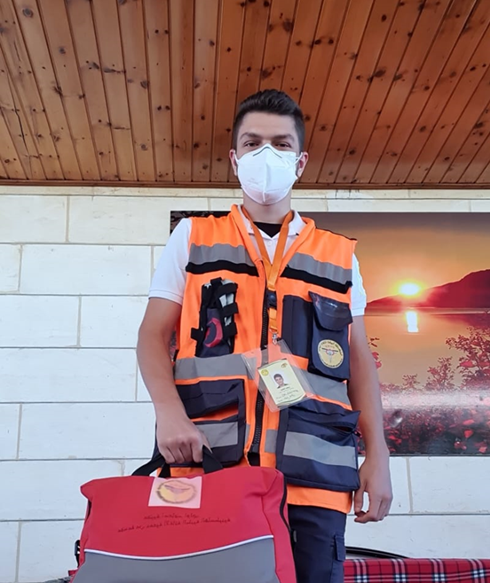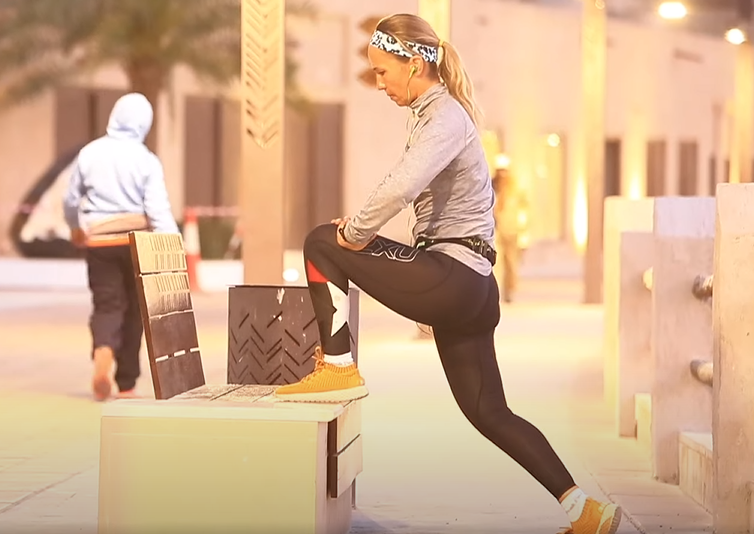The Psychological Effects of a Lock-down on Youth in Dubai

Photo by Anh Nguyen on Unsplash
When the coronavirus outbreak started, Anna Josephina Hajjar, a Syrian student at the American University in Dubai, found herself stuck at the campus dorms, away from her family in Saudi Arabia. Her parents had insisted that she stays in Dubai because they were afraid that she would put herself in danger of catching the virus if she traveled during this time. Today, she feels anxious and homesick.
“I keep thinking of the things I would’ve been doing with my friends if it was not for corona, and it feels like the best years of my life are being stripped away from me,” Hajjar, 19, said in a text message. “University days are some of the best, and this lock-down, due to corona, made me realize how much I actually enjoy being a student even though it has its stress.”
The COVID-19 outbreak has resulted in the death of about 115,000 people worldwide, according to Worldometer. As a result, many countries, including the United Arab Emirates have imposed lock-downs to contain the virus. However, life in confinement has been tough on many, especially the youth.
Dr. Amal Al Kazim, a senior psychologist, explains the importance of social interaction for humans. “The connection with others and the sense of belonging are basic needs. In this sense, the obligation to avoid physical social contact goes against our innate nature, and when this is required due to a pandemic, it becomes mentally challenging,” Dr. Al Kazim said in an email.
Nashwa Tantawy, a personal counselor at AUD, also explains the psychological effects that a lock-down has on the youth specifically. “When it comes to students, this applies along with the burden of adjustment to change and maintaining productivity levels, which is a stressor on its own, and causes more anxiety and depression symptoms,” Tantawy said in an email.
To add, teenage years are filled with life and energy, and it is important to recognize the anxiety that adolescents may have due to a lock-down, acknowledge it, create distractions, and find new ways to connect with people, rather than feeling isolated and alone, according to a report by the UNICEF.
In light of such circumstances, psychologists and school counselors are using online platforms to make sure their patients stay in the healthiest mental state possible during these times, according to Dr. Al Kazim. “I do video sessions using secure platforms. One of their greatest advantages in the current difficult time is that continuity of care isn’t interrupted in spite of the circumstances,” she adds.
“Regarding the counseling sessions, I’m available via email and voice calls through Microsoft Teams, and students who need me for support simply contact me to book a call appointment,” said Tantawy.
Although being away from her family is difficult, Hajjar tries to look at the bright side of the situation. “Quarantine is a bit easier, knowing that everyone is also at home, and I’m not missing out on anything.”
Edited by: Mais Othman


